Georgia continues as a crucial battleground state in the 2024 election, wielding considerable influence over the results of the presidential race. In 2020, President Joe Biden achieved a narrow victory in Georgia, representing the first win for the Democratic Party in the state since 1992. The state will be crucial in November as both sides once again fight for her sixteen electoral votes.
The impact of Hurricane Helene is adding complexity to this year's election. The storm has caused chaos throughout Georgia, leaving numerous residents frustrated with the government's response. This disaster has brought forth new challenges and priorities for voters, likely impacting their choices at the polls.
Polling
Polls indicate Georgia's political environment is highly contested. With both candidates polling inside the margin of error, more recent data shows Trump with a 1.1 point lead over Harris.
But the state is no stranger to upsets; Biden won Georgia by barely 12,000 votes in 2020, against popular predictions. Younger, more varied populations found in metropolitan places like Atlanta have witnessed a notable rise, which helps to explain an increase in Democratic affiliation. A major rural population, however, has maintained Republican competitiveness in the state.
Research shows that top concerns for Georgia voters are the economy, immigration, and democracy. But in the wake of Hurricane Helene, concerns regarding infrastructure and energy prices are emerging as new voter priorities. The contest for Georgia's electoral votes has been tight as both candidates promise unique paths to recovery. As Election Day draws near, both sides are intensifying campaigns to organize supporters and secure undecided votes.
Representation
Georgia's state government is surprisingly one-sided, given the split within its electorate. The state is led by a Republican governor and has a legislature that is also under Republican control. This is because before becoming a swing state in 2020, Georgia had long been a reliable Republican stronghold. Its federal representation is more split, featuring two Democratic senators alongside a blend of Democrats and Republicans in the U.S. House.
Key issues at the state level encompass economic development, access to healthcare, and reforms in education. These matters significantly affect the legislative agenda within Georgia's state government. Key state-level issues, especially the economy, will also be reflected during this year's general election.
Urban areas such as Atlanta typically lean towards Democratic candidates, influenced by their younger, more diverse populations and progressive focuses like healthcare and education. On the other hand, rural regions generally support the Republican Party, focusing on traditional values tied to agriculture, local enterprise, and individuality.
Hurricane Helene
Hurricane Helene has greatly affected Georgia's election preparations. The storm wreaked havoc throughout the state, especially in rural counties where infrastructure and production were disrupted.
In light of this tragedy, Georgia's State Board of Elections has put in place emergency measures to ensure voting can proceed in the impacted regions. These actions involve prolonging the deadlines for mail-in ballots and permitting voters to submit their ballots at any county election office. Even with these initiatives, numerous residents encounter difficulties stemming from compromised polling sites and interrupted mail services.
The economic effects of Hurricane Helene will likely affect how voters make their decisions. The storm has resulted in higher energy expenses and economic instability—concerns that strike a chord with voters worried about economic conditions. With Trump and Harris both campaigning in Georgia, reassuring voters on economic issues will be key to building support.
What to Expect
With recovery efforts ongoing and Election Day on the horizon, Georgia stands out as a fiercely contested and unpredictable battleground state. Both sides are ramping up their initiatives to instill confidence in local voters regarding their capability and readiness to assist. Logistical challenges arising from hurricane damage could impact voter turnout, possibly driving the results of the election.
The diverse electorate, featuring urban Democrats alongside rural Republicans, suggests that the fight will continue right up until Election Day. With both parties concentrating on pivotal matters like the economy and disaster recovery, tangible solutions may become crucial elements for voters in search of recovery and stability.



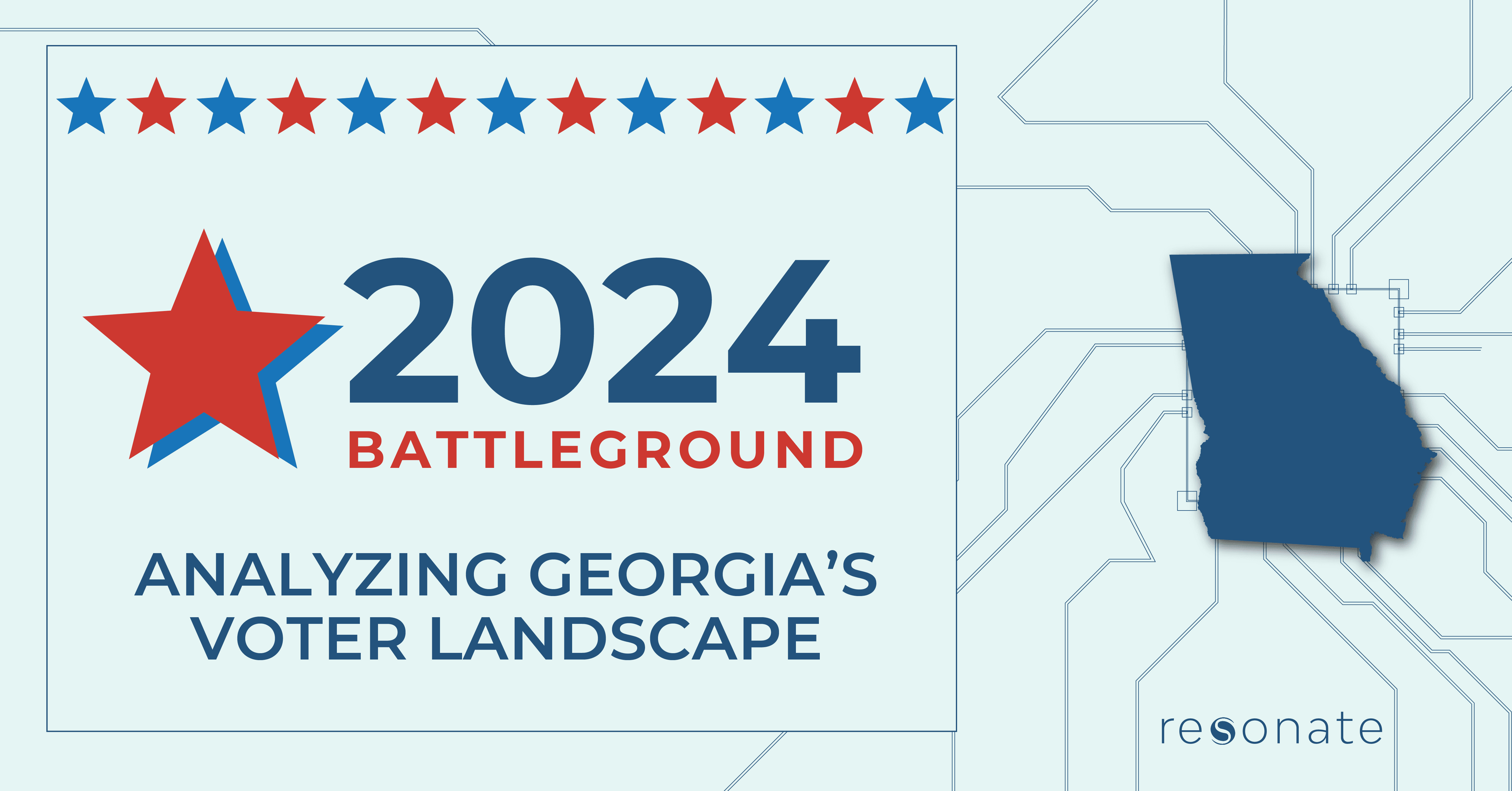



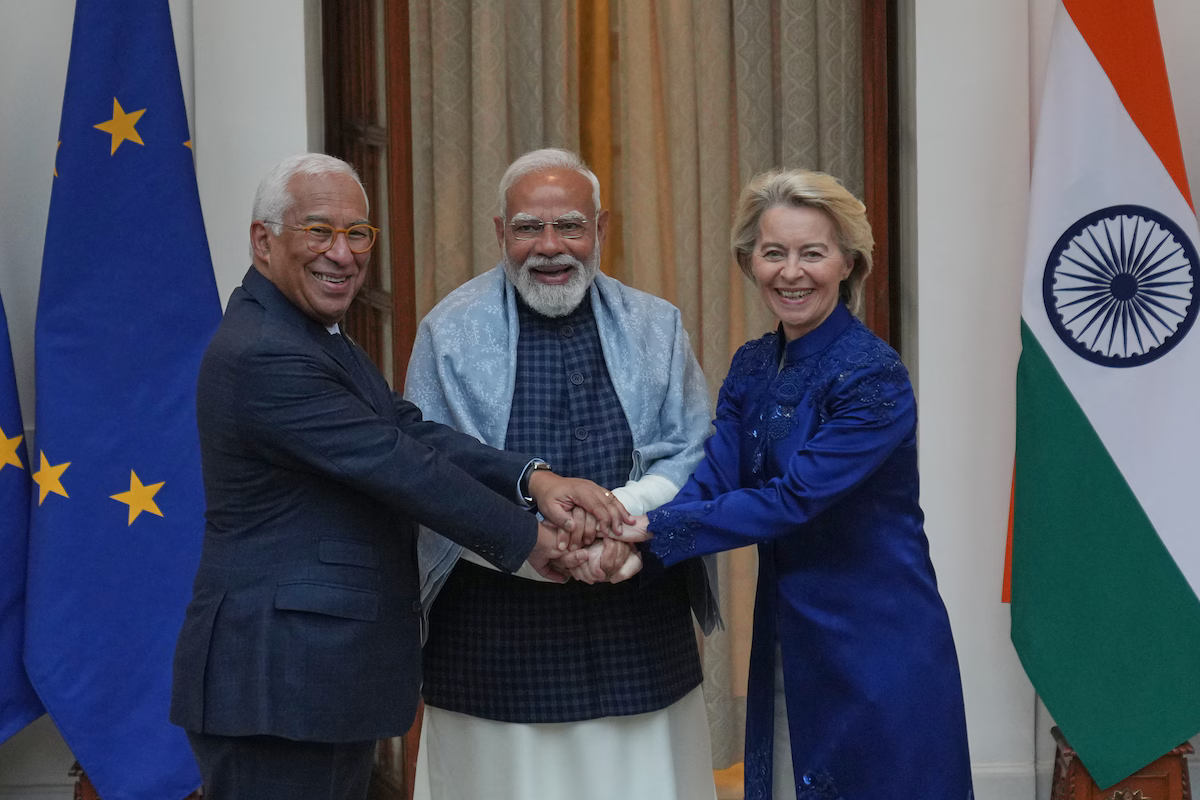
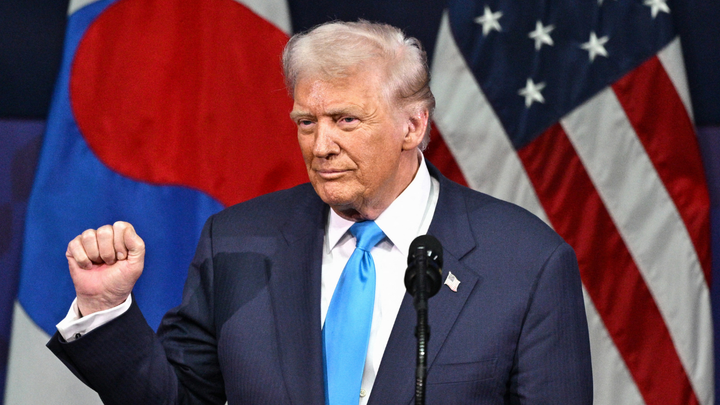
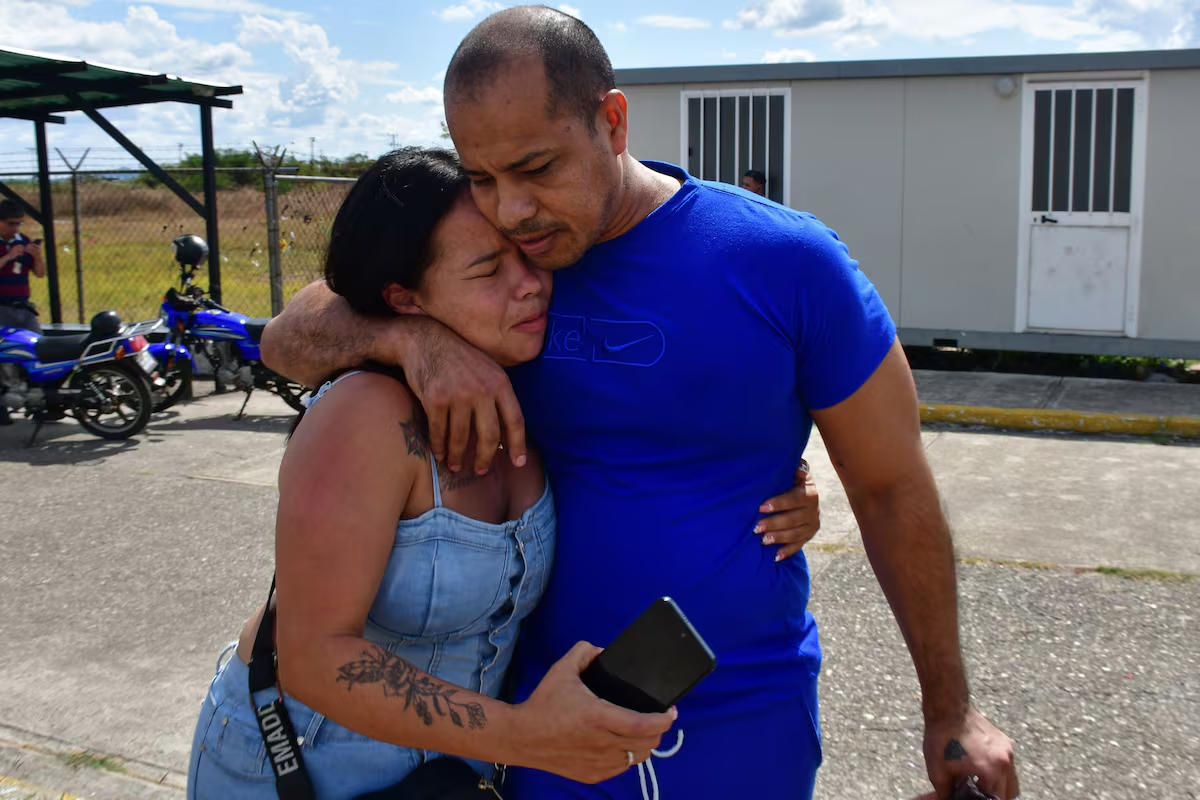
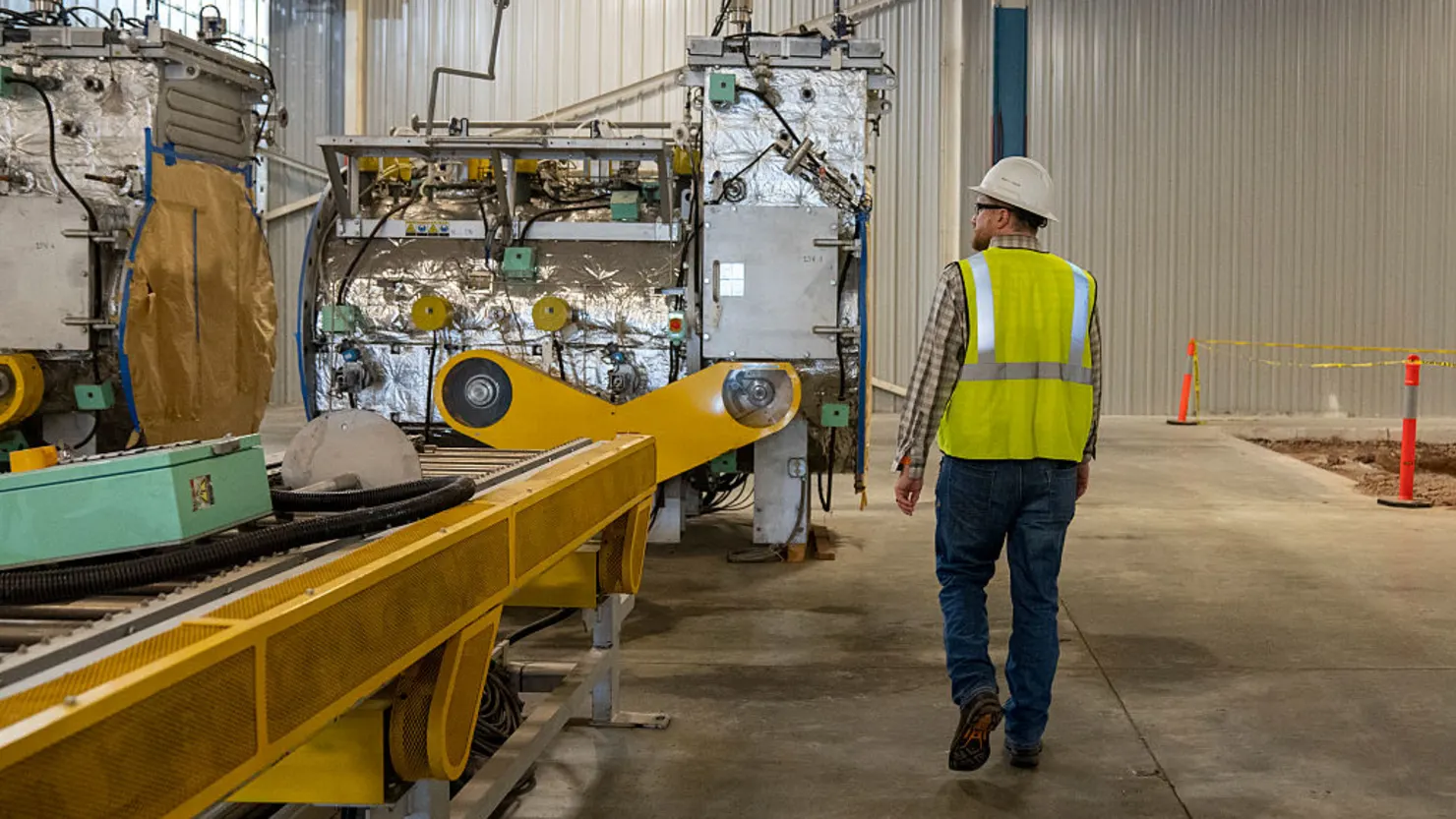
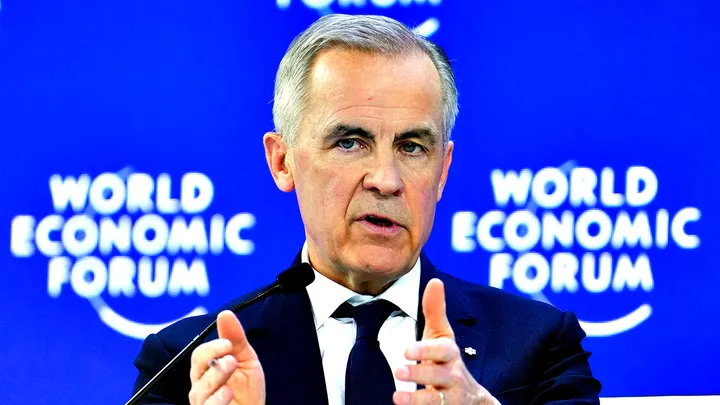

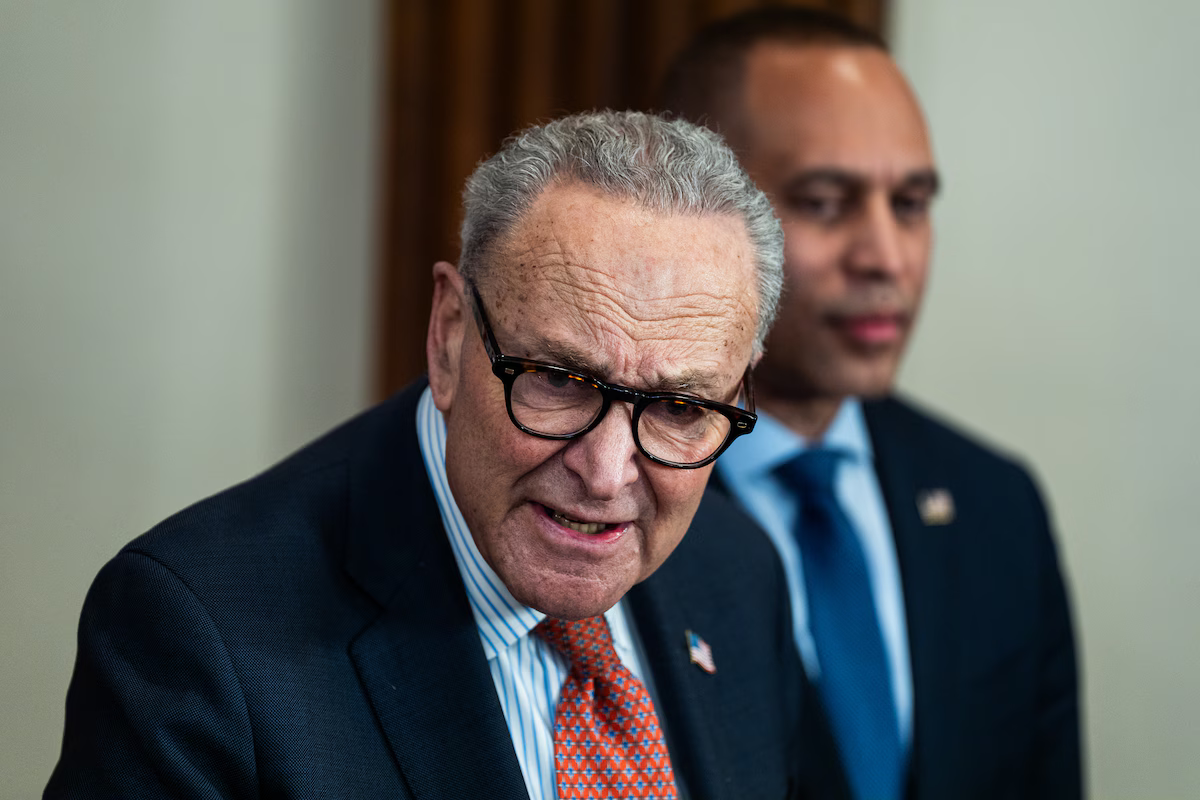

Discussion